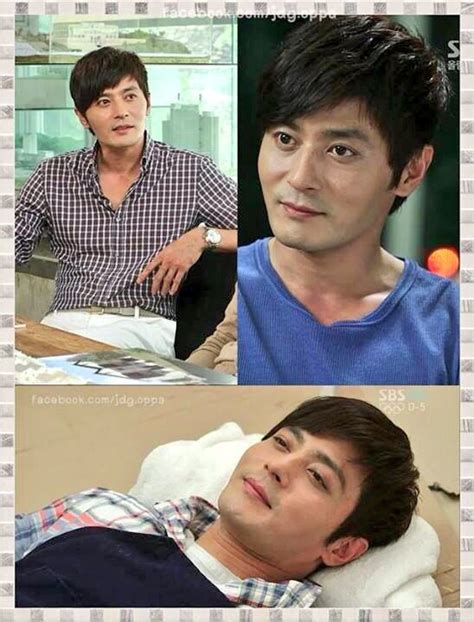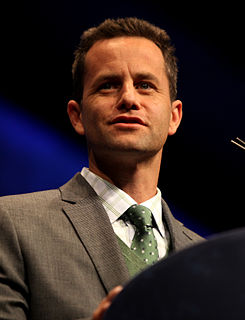A Quote by Charlton Heston
I like portraying heroes of antiquity whose values were grander and more spectacular than those of today.
Related Quotes
Caring. And reading the Bible, learning about God, Jesus, love. He said, 'Bring on the children', 'Imitate the children', 'Be like the children' and 'Take care of others.' Take care of old people. And we were raised with those values. Those are very important values and my family and I we were raised with those values and they continue strong in us today.
On that day, we couldn't reach the conclusion whose hero is the strongest. And today when we are 41 years old, we can protect neither the Earth nor the women we love. We are now just the anti-heroic men, struggling with everyday life. Those boys wo wanted to become heroes... where did they all go? Whose heroes can we become at the end?
The mind's eye can nowhere find anything more dazzling or more dark than in man; it can fix itself upon nothing which is more awful, more complex, more mysterious, or more infinite. There is one spectacle grander than the sea, that is the sky; there is one spectacle grander than the sky, that is the interior of the soul.
I love the ideas of looking back to historical heroes to give us inspiration on how we can be today's heroes to move forward in the future. So guys like... William Bradford and William Wallace, the Bravehearts, the Patriots, the Pilgrims. There are so many of those people throughout history... whose stories have just never been told.
I think he's [Louis Brandeis] a great model for progressive justices today who want to answer the originalists. It's not that the original paradigm cases are irrelevant, but you have to focus on the values the framers were trying to protect, not on the means with which those values were invaded in the 18th century.
To those who feel that their values are THE values, the less controlled systems necessarily present a spectacle of "chaos," simply because such systems respond to a diversity of values. The more successfully such systems respond to diversity, the more "chaos" there will be, by definition, according to the standards of ANY specific set of values- other than diversity or freedom as values. Looked at another way, the more self-righteous observers there are, the more chaos (and "waste") will be seen.
Many more children observe attitudes, values and ways different from or in conflict with those of their families, social networks,and institutions. Yet today's young people are no more mature or capable of handling the increased conflicting and often stimulating information they receive than were young people of the past, who received the information and had more adult control of and advice about the information they did receive.
The American farmer, whose holdings were not so extensive as those of the grandee nor so tiny as those of the peasant, whose psychology was Protestant and bourgeois, and whose politics were petty-capitalist rather than traditionalist, had no reason to share the social outlook of the rural classes of Europe. In Europe land was limited and dear, while labor was abundant and relatively cheap; in America the ratio between land and labor was inverted.



































